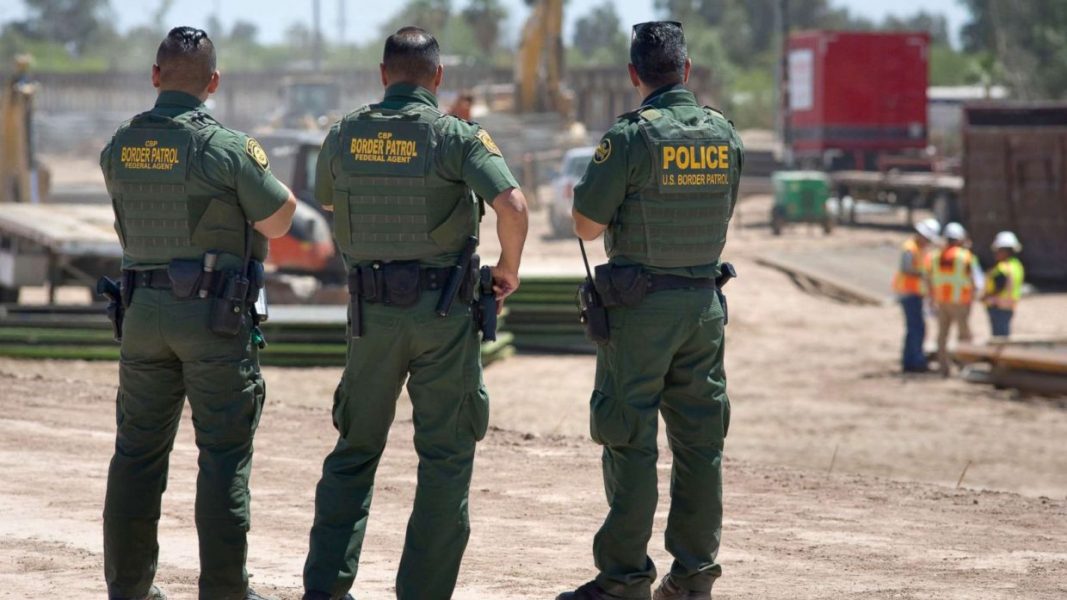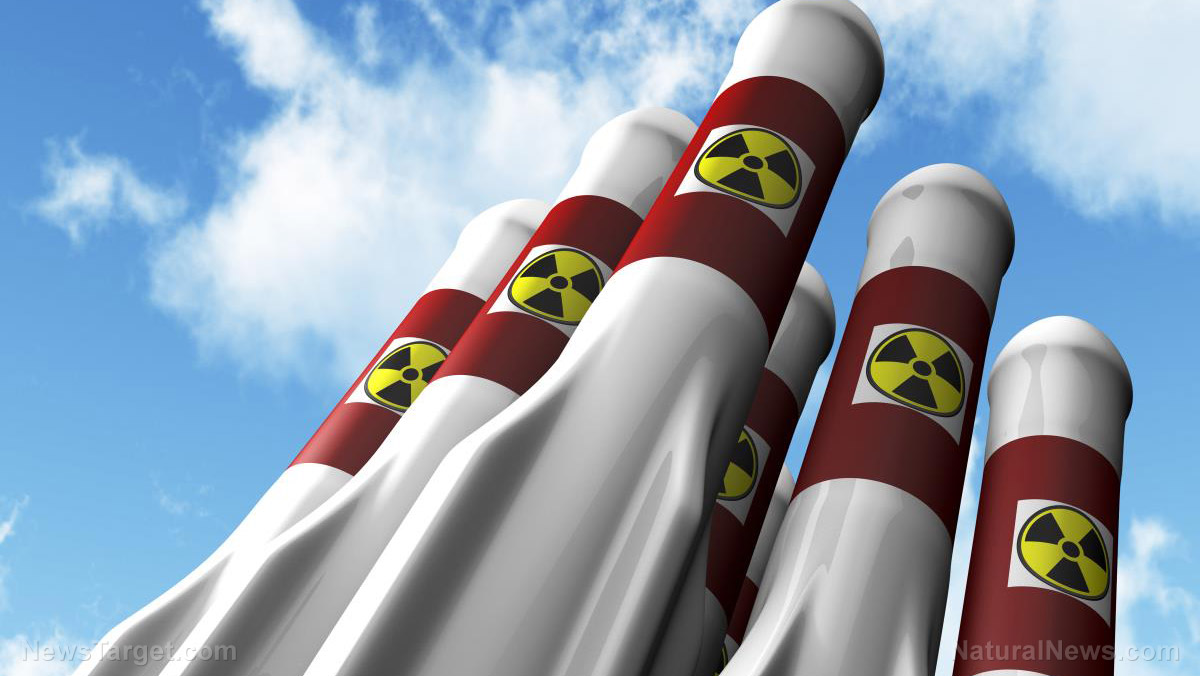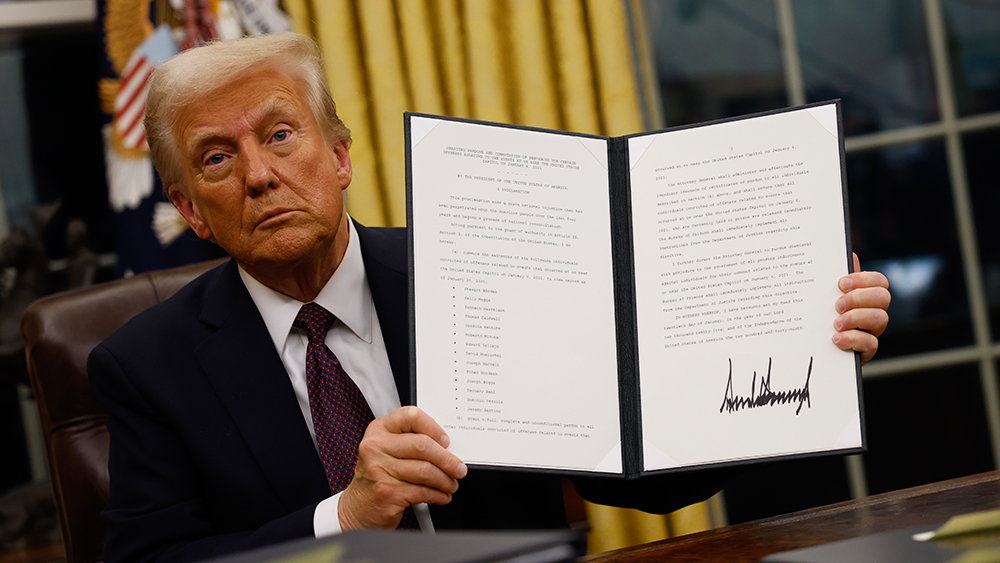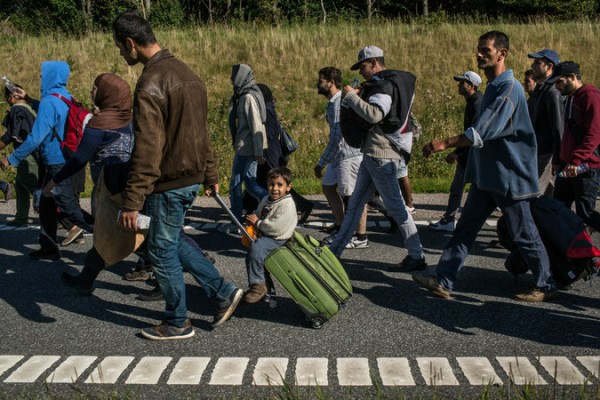Houthis vow to continue attacks on Israel if Gaza ceasefire fails
By bellecarter // 2025-01-20
Tweet
Share
Copy
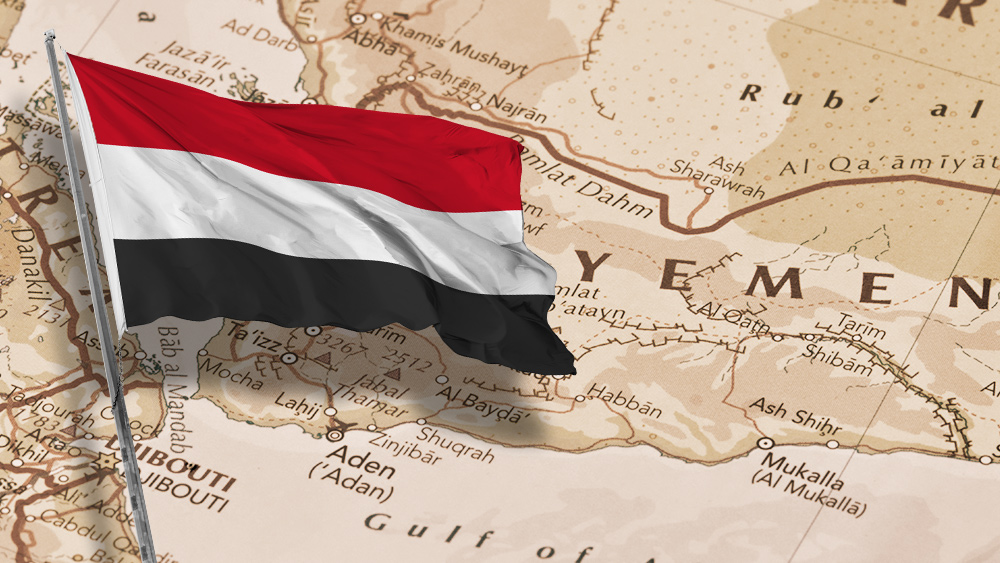
- Yemen's Ansarallah leader Abdul Malik al-Houthi declared on Jan. 16 that his group will maintain military support for Palestine if Israel continues attacks on Gaza civilians before a ceasefire scheduled for Jan. 21.
- The ceasefire, brokered by the U.S. and Qatar, is seen as a potential turning point in the 15-month conflict but is met with skepticism due to ongoing regional tensions and the Houthis' resilience.
- Al-Houthi emphasized the group's alignment with the Palestinian resistance and their position within the Iran-aligned "Axis of Resistance," highlighting their continued defiance and support for regional allies.
- The U.S., U.K. and Israel's coordinated strike on Jan. 10 against Houthi targets in Yemen, coupled with the European Union's Red Sea mission, underscores the international attention and concern over Houthi activities.
- Al-Houthi's warnings indicate that the ceasefire faces significant challenges and that any further aggression could lead to renewed military operations, reflecting the complex and fragile nature of the agreement.
Ceasefire faces skepticism
The ceasefire, expected to take effect on Sunday, has been met with skepticism by shipping industry experts and regional analysts. Laura-May Scott, a partner at law firm Reed Smith, cautioned that "given the ongoing uncertainty and fragility of the situation, shippers should continue to exercise caution and closely monitor developments in the region." The Houthis' actions have drawn significant international attention, with the European Union launching its own Red Sea mission in February to deter attacks and protect trade routes. However, the group's resilience and continued operations suggest that a lasting resolution remains elusive. Al-Houthi's speech also highlighted the broader geopolitical dynamics at play. The Houthis are part of Iran's "Axis of Resistance," which includes Hamas, Lebanon's Hezbollah, and Shiite militias in Iraq. While Israel has dealt significant blows to Hamas and Hezbollah in recent years, the Houthis have emerged as a persistent challenge, leveraging their strategic position in Yemen to project influence across the region. The ceasefire agreement represents a potential de-escalation in the Gaza conflict, but al-Houthi's warnings underscore the precarious nature of the deal. "At any stage in which the aggression retreats from the agreement, we will be ready to provide military support to our Palestinian brothers," he said. This stance reflects the Houthis' commitment to their allies and their willingness to continue operations if the ceasefire falters. The situation also highlights the complex interplay between regional and global powers. The U.S. and its allies have sought to curb Houthi influence through military strikes and diplomatic efforts, but the group's ability to adapt and persist suggests that a comprehensive solution will require addressing the root causes of the conflict, including the humanitarian crisis in Yemen and the broader Israeli-Palestinian dispute. The Houthis' defiance and their role in the Axis of Resistance underscore the challenges facing international efforts to stabilize the region. Whether through diplomacy or continued conflict, the path forward will require navigating a complex web of alliances, grievances, and geopolitical rivalries. Visit WWIII.news to read more stories on Israel's multifront war against Middle Eastern nations. Watch the video below that talks about Houthis taking the conflict with Israel to a new level. This video is from The Prisoner channel on Brighteon.com.More related stories:
U.S. Navy destroyers successfully repel Houthi missile and drone attacks in Gulf of Aden. Yemen's Houthis launch hypersonic ballistic missile targeting Tel Aviv. Red Sea shootdown: Did the Houthis play a role in the U.S. navy's 'friendly fire'? Hypersonic threat: Houthi missile overwhelms Israel's defense, raising alarms across the region.Sources include:
TheCradle.co Reuters.com Brighteon.comTweet
Share
Copy
Tagged Under:
national security terrorism Israel violence genocide Middle East big government Hamas Hezbollah Shiite chaos Palestine Yemen WWIII escalation culture wars Gaza Houthis Israel-Hamas war Axis of Resistance ceasefire deal Abdul Malik al-Houthi
You Might Also Like
By Lance D Johnson // Share
Trump revives push for NUCLEAR ARMS REDUCTION talks with Russia and China
By Kevin Hughes // Share
Selena Gomez cries over ICE raids targeting VIOLENT MIGRANT CRIMINALS
By Ramon Tomey // Share
The green agenda is about getting rid of as many humans as possible
By News Editors // Share
Trump’s rapid actions ignite Washington: The swamp drainage accelerates
By Willow Tohi // Share
Recent News
How air pollution rewires young brains – and how parents can minimize the damage
By isabelle // Share
